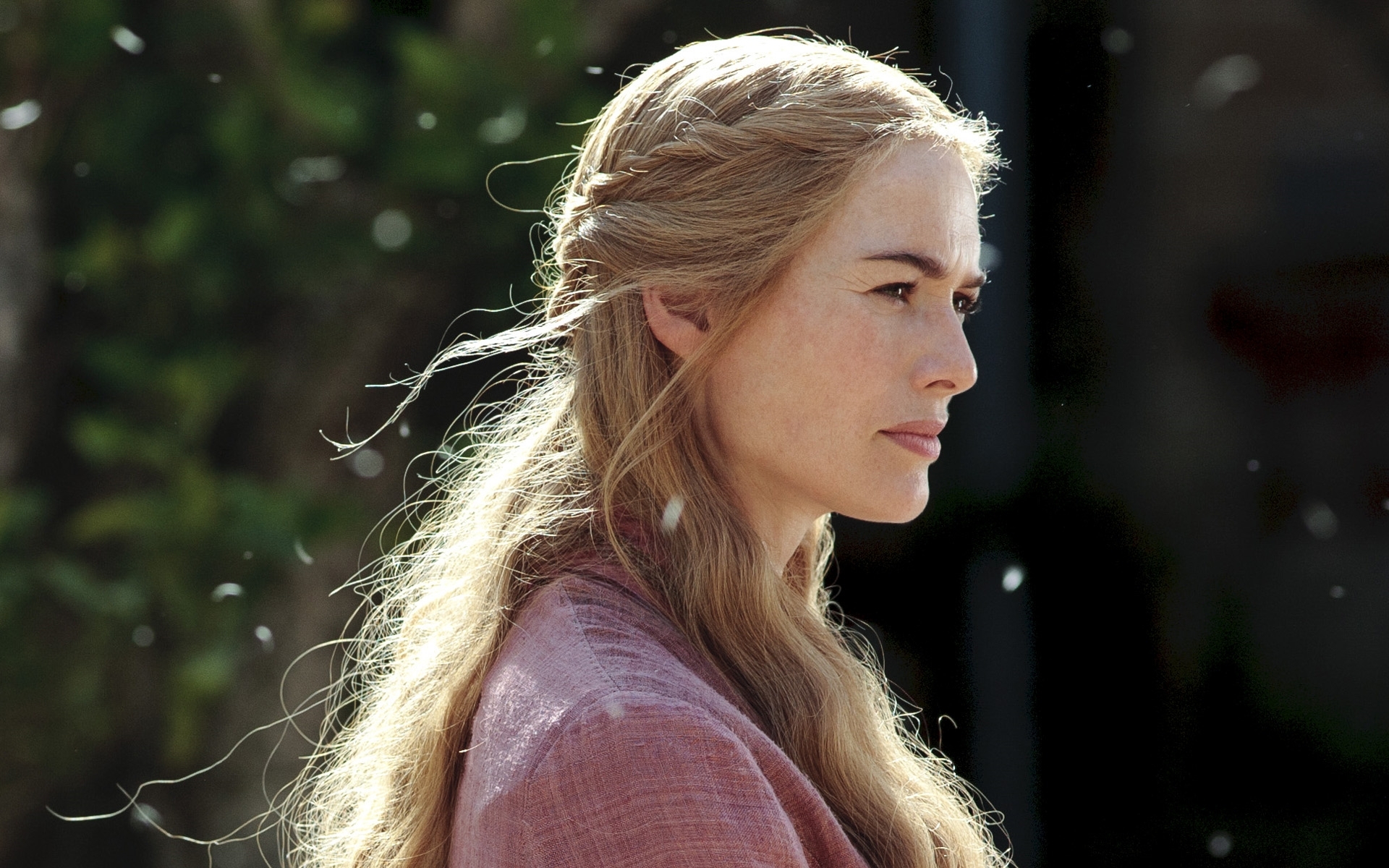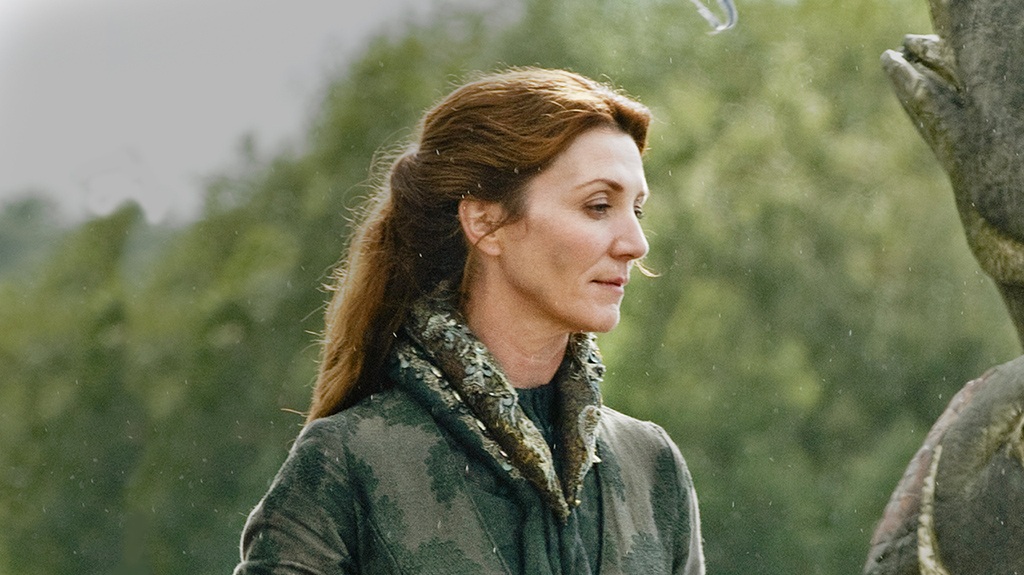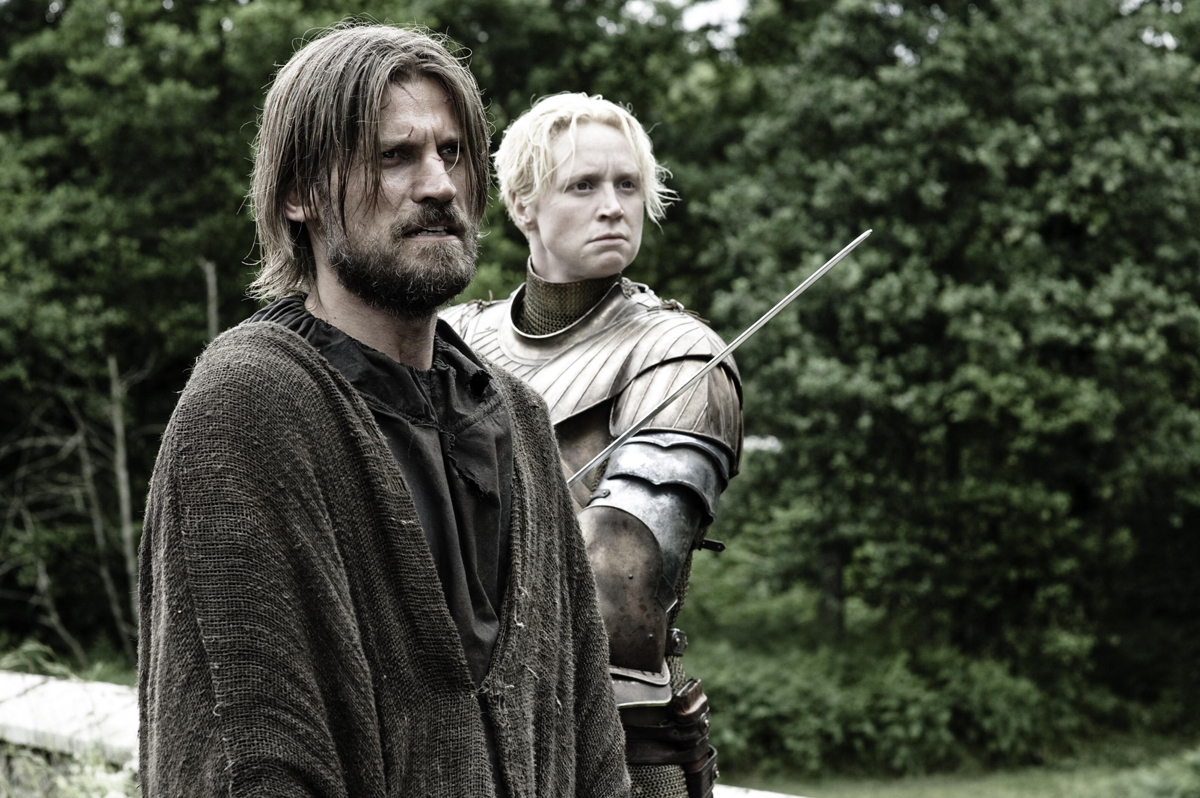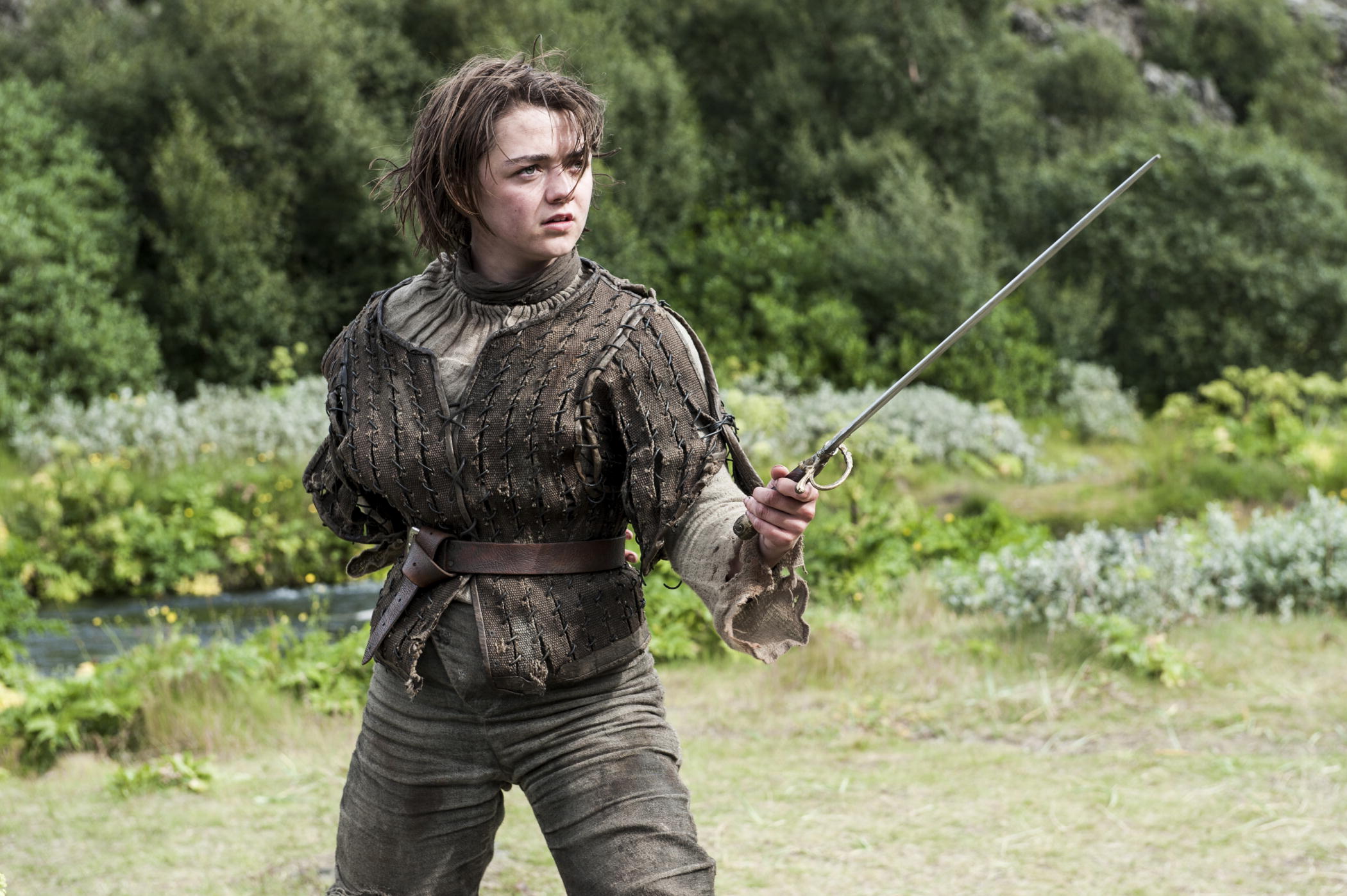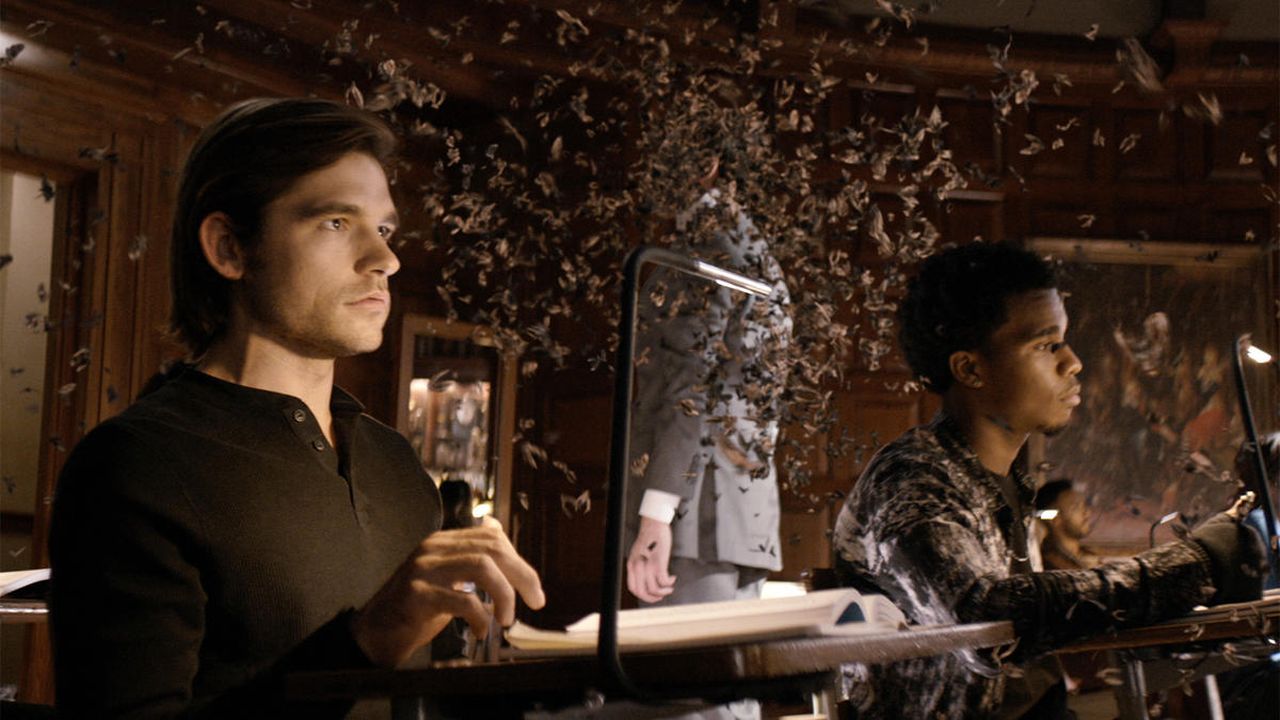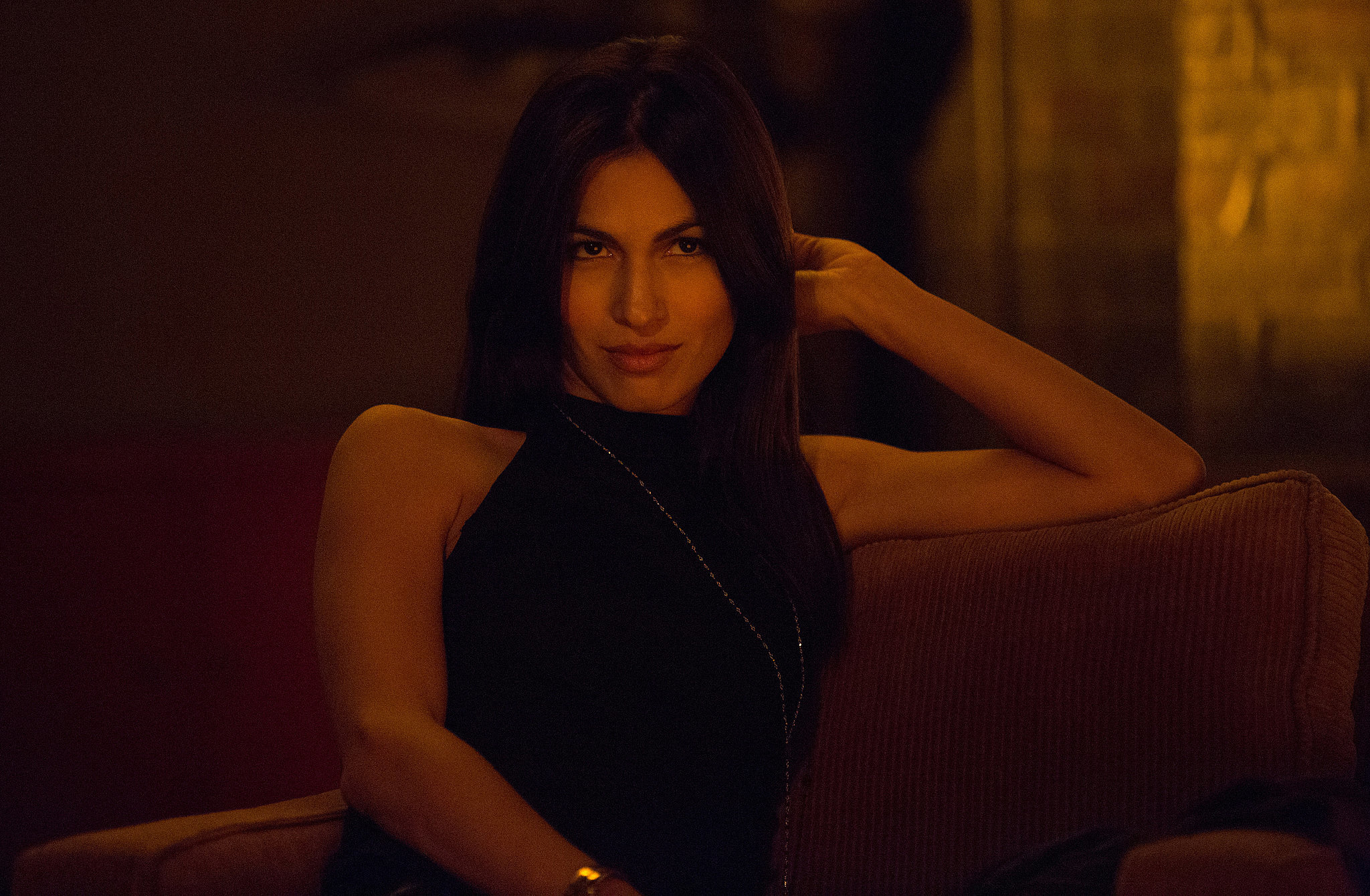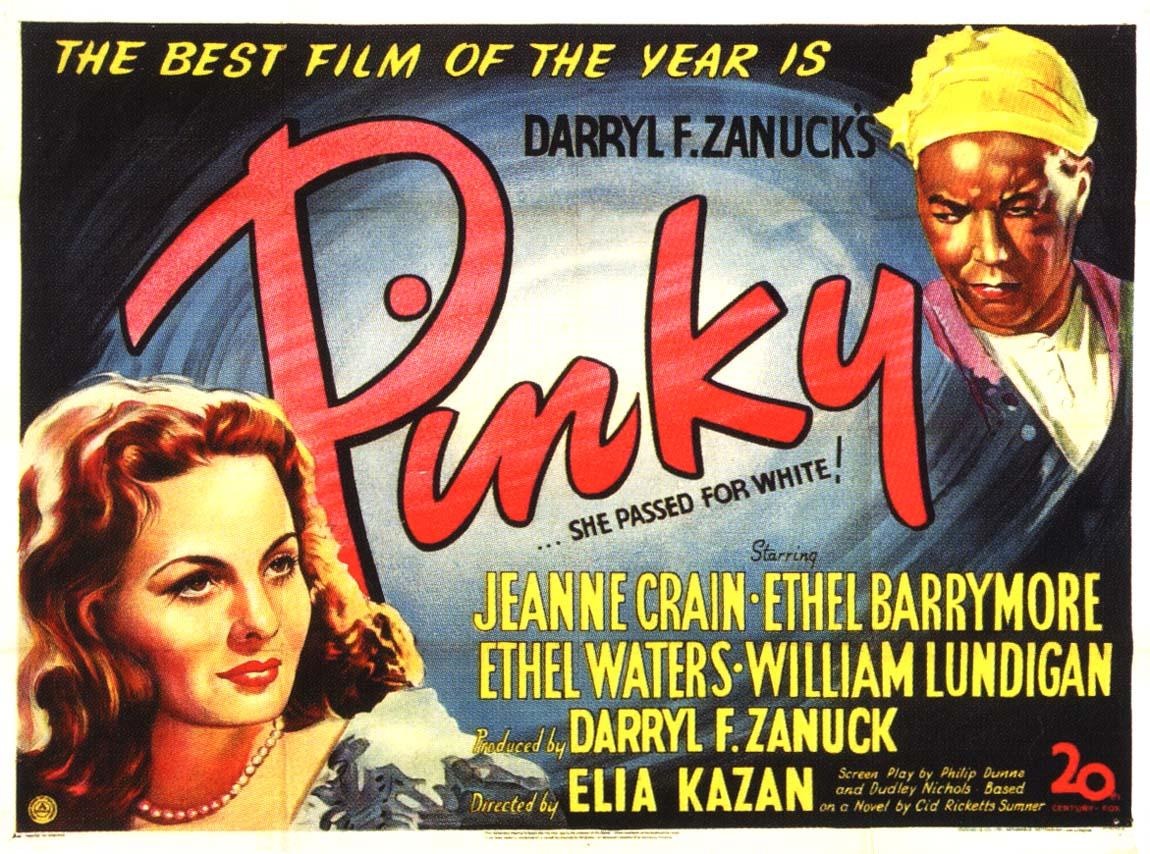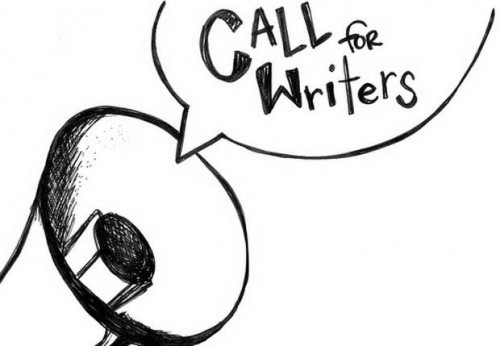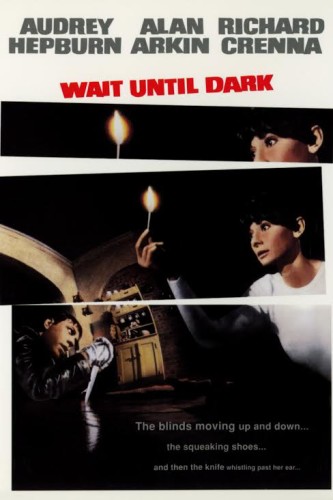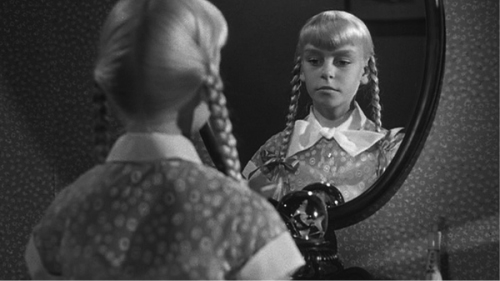“Love No One But Your Children”: Cersei Lannister and Motherhood on ‘Game of Thrones’
Cersei Lannister is cunning, deceitful, jealous and entirely about self-preservation. Yet, her show self seems to tie these exclusively with her relationship with her children… Why is motherhood the go-to in order to flesh out her character? Why can’t she be separate from her children, the same way the father of them, Jaime Lannister, is?
